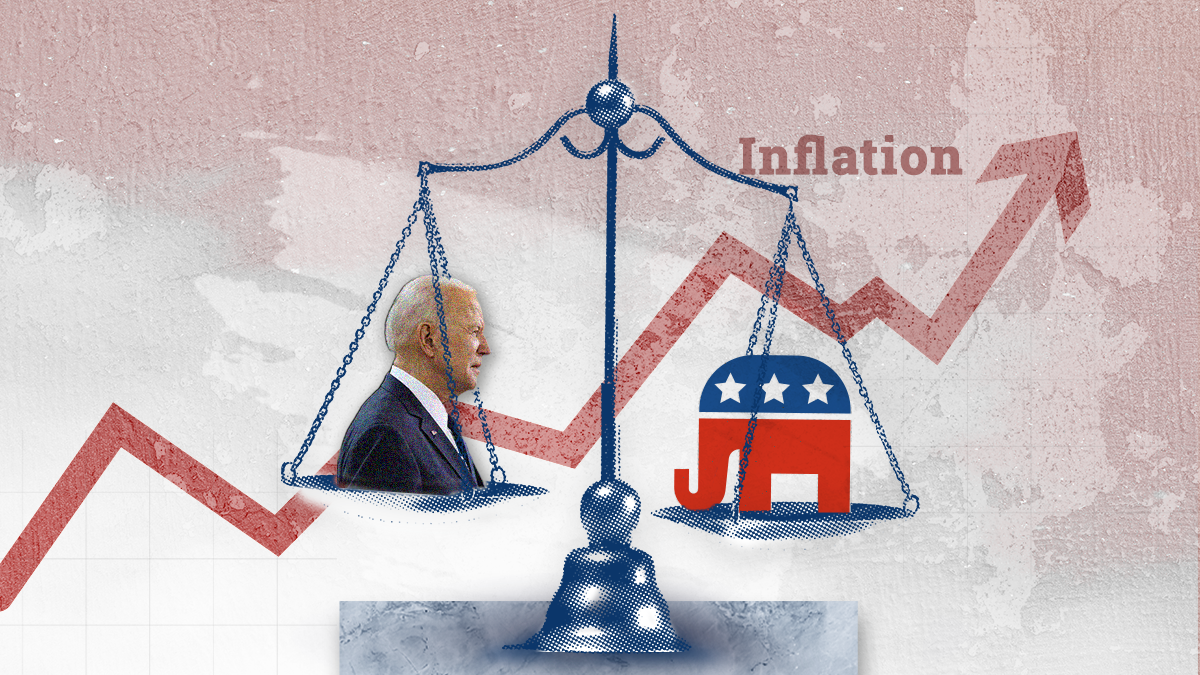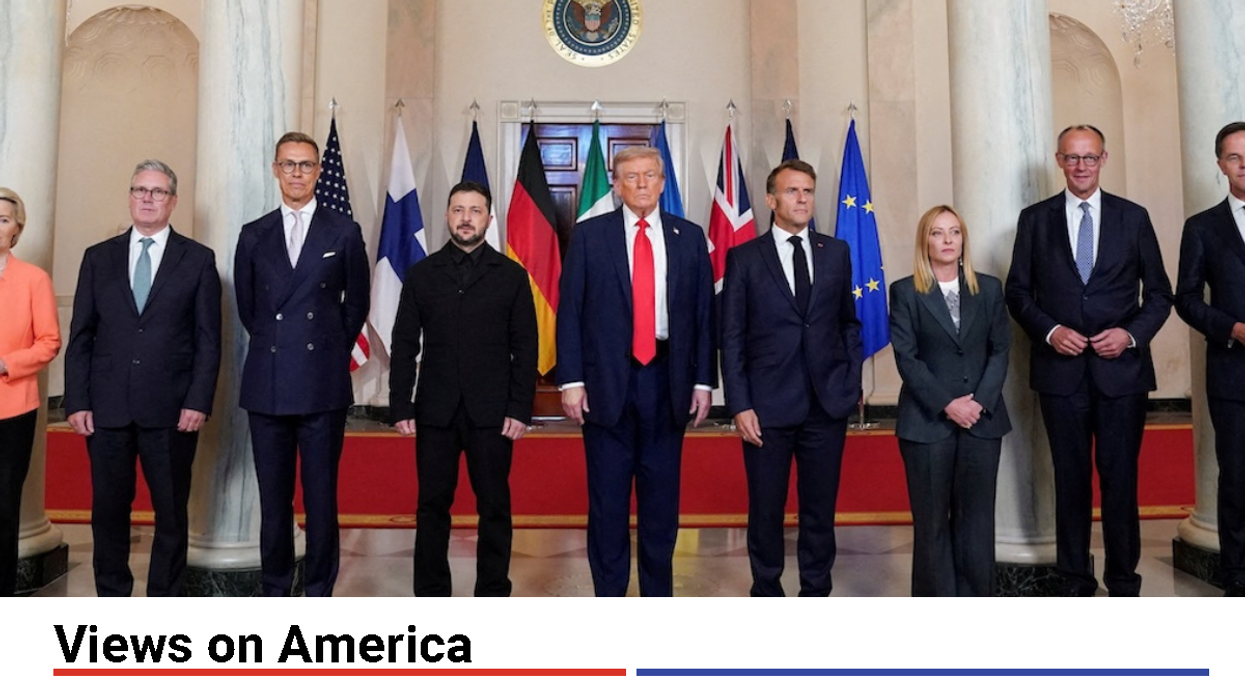Thirty years ago, Democratic strategist James Carville had a simple message to get Americans to vote for Bill Clinton: "It's the economy, stupid."
Rather than ideology, Carville believed most voters picked candidates over their perceived ability to handle bread-and-butter economic issues. By putting money in their wallets, you're more likely to get votes from independents and moderates — crucial for winning tight state races.
Yet, in 2022 it's Republicans who are channeling their inner Carville to woo voters for a midterm election in which the GOP is favored to win control of the House, and perhaps the Senate too.
Why? Recent polling shows that with US inflation at its highest level since the early 1980s, the economy is the most important electoral issue for registered Republicans and independents, with abortion taking the top spot for Democrats. And the economy is priority No. 1 for all voters as a whole.
On average, voters also trust Republicans more in running the economy. The GOP claims to be the party of fiscal responsibility vs. the spendthrift Democrats, who push back pointing to how the national debt ballooned under the Trump administration.
Republicans blame inflation on Dems for spending too much on President Joe Biden’s signature legislative accomplishments: the American Rescue Plan and, to a lesser extent, CHIPS and the Inflation Reduction Act, the misnomer for Biden’s climate bill. The president, for his part, has stopped pinning sky-high prices on Vladimir Putin and is now pitching to voters that recession fears might be overblown after the US economy grew a better-than-expected 2.6% from July to September after two consecutive quarters of GDP decline.
What can Biden do to tame inflation and gas prices? In short, not much. Dems have little appetite to cut spending or raise taxes while they’re still running Congress.
Now that it’s no longer “transitory” and the inflation cat is out of the bag, the administration has passed the ball to the Federal Reserve, which is trying to cool down the economy by raising interest rates. Meanwhile, releasing oil from the Strategic Petroleum Reserve has brought down gas prices to under $4 a gallon from $5 just a few months ago.
However, Dems are "far more likely to increase spending in the lame-duck session of Congress to compensate for the reduced purchasing power the federal government is seeing due to inflation," Eurasia Group's US Managing Director Jon Lieber says on US Politics In 60 Seconds. That demonstrates "how important it is that the Fed be given the political independence to ensure price stability, even if it means job losses,” he adds.
And what might a Republican-led House do? Also not much, especially if Democrats keep the Senate. That’ll stop the most partisan legislation from reaching Biden’s desk (not to mention that the president would veto it anyway).
Still, the GOP has hinted at picking a fight over the debt limit when America hits it about a year from now. When the US Treasury needs to boost the amount of money it can borrow to keep paying its bills, Republicans might use the threat of default — and the economic catastrophe it would trigger — as leverage for Dems to accept painful cuts on entitlements like Social Security or Medicare. But that strategy backfired in 2013 — and could be a shot in the foot for a party that hopes to win the White House in two years.
Thought bubble: Who wins in a deadlocked Congress on economic matters after the midterms? The Fed. If the two main parties can't agree on anything, they also won't be able to meddle in the central bank's efforts to rein in inflation. And less politics is exactly what the Fed needs to do its job.


















